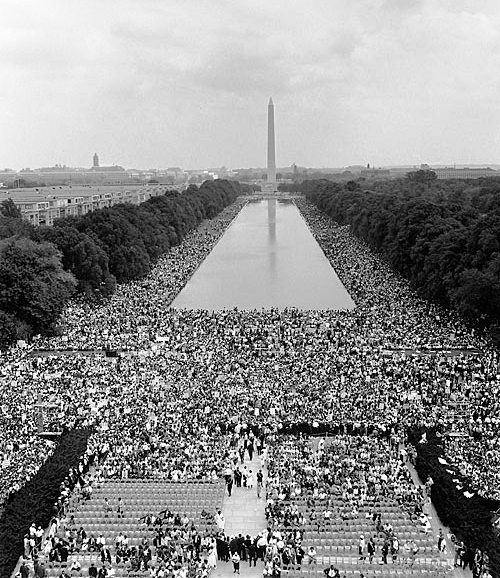I’m new to talking about racism. But undoing racism is one of my interests. And I want to be courageous, and I want live in a kinder, more tolerant, fair society. It’s clear to me that an enlightened society would not be a racist society. So here goes…
On Thursday and Friday I attended a workshop on Undoing Institutional Racism put on by the People’s Institute Northwest (PINW). PINW is affiliated with the People’s Institute for Survival and Beyond (PISAB), a national and international collective of anti-racist, multicultural community organizers and educators dedicated to building an effective movement for social transformation. PISAB is headquartered in New Orleans has been around for more than 35 years teaching anti-racist organizing skills all over the country.
I really recommend attending this workshop. I found it to be hard and uncomfortable, and also very helpful and inspiring. You have to register about 3 months in advance to go because they fill up, and it costs $350, but the planning and cost are definitely worth it. It would be even more effective to go as a group from the same organization, to have the same language and talk with each other about it.
The program’s focus is not individual bigotry or how to talk with people about racism, but instead focuses on institutional racism – racism that’s perpetuated by systems, our society, culture, rules, laws, organizations, government, and corporations. I found this valuable when looking at the Shambhala Buddhist community that I am part of. It’s a mostly white liberal community – and would like to be more welcoming to people of color, but there are few people of color presently. The training made it clear that is a result of our systems and culture, it’s not by chance; and that to replace what exists now, it’s vital that we take a systems view and an organizing view (working together with many others).
The training had a focus on this view, which is PISAB’s view – I found it to be very aligned with the mahayana path: individual liberation from racism can’t happen without working on the social systems of racism. You have to work on both together.
PISAB takes an organizing perspective. From this perspective, at the Shambhala Center of Seattle we have a group of people who consider themselves anti-racist – both people of color and white people who are actively working on undoing racism. The trainers provided a framework for thinking about how we, this group, can help the community we love wake up little by little and undo our institution’s racism little by little. And how we can help our larger society.
One of the main things I took away from the workshop was that we are not alone. There are other people and groups working on undoing racism in ourselves as individuals and in our organizations and society, and there are these communities in Seattle – including other faith-based anti-racist communities. And they want to know us, be friends with us, and want us to join together to help each other.
Another valuable thing I got from the workshop was simply to meet other anti-racist whites in our city who are thinking about the same things and working on themselves and their organizations. I also learned about two organizations that I’m going to look into:
- CARW – the Coalition of Anti-Racist Whites – a group of white people in the Seattle area working to undo institutional racism and white privilege through education and organizing in white communities and active support of anti-racist, people of color-led organizations.
- European Dissent – persons of European descent who “dissent” from the racist institutions and values designed to benefit them (no website) – associated with PINW and PISAB and use their organizing principles, there is a Seattle chapter
As a meditation instructor, I tell frequently tell others that it is ok to be uncomfortable. Being with ourselves when we are uncomfortable is how we learn to be kind to ourselves and to others.
It’s uncomfortable talking about race and racism. It’s uncomfortable working to undo racism in myself and the organizations I am part of. But as the trainers said, if we want a better world, we need to be willing to be uncomfortable. I was glad to spend time with people who were willing to do that for our society.
